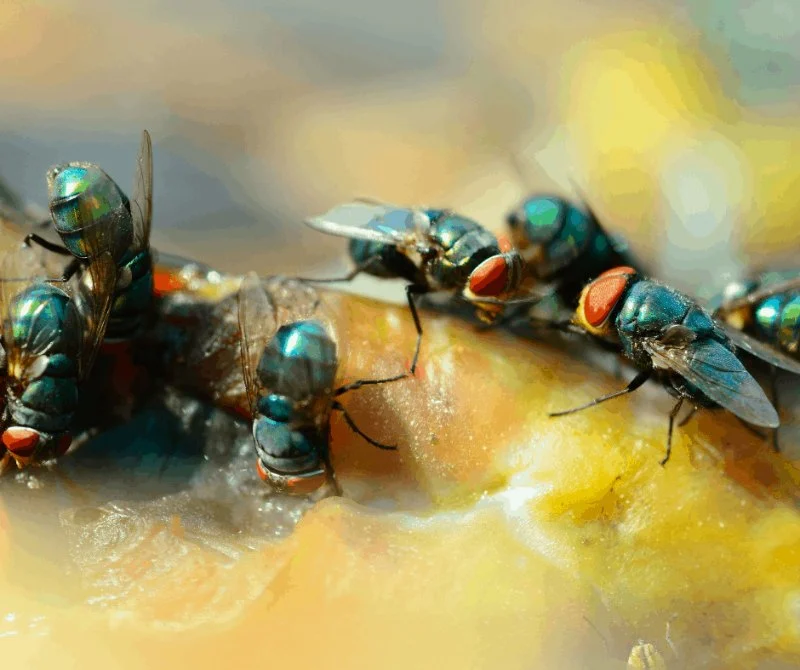
- Understanding-the-Fly-Problem-in-Summer
- Why-Flies-Are-Attracted-to-Homes-in-Summer
- Preventing-Flies-from-Entering-Your-Home
- Natural-Ways-to-Keep-Flies-Out-of-Your-House
- Chemical-Solutions-for-Fly-Control
- Real-Life-Examples-of-Effective-Fly-Control
- Professional-Help-and-Recommended-Services
1. Understanding the Fly Problem in Summer
Flies are one of the most common and persistent pests that homeowners face during the warmer months, especially in summer. As temperatures rise and windows are left open to welcome fresh air, flies often find their way into homes. Though these insects are often seen as mere annoyances, they can actually pose health risks by spreading bacteria and other harmful pathogens.
Understanding the fly problem is the first step in taking effective action to keep your home fly-free. Flies are naturally attracted to food, warmth, and moisture, making the summer season an ideal time for them to breed and multiply. In this article, we’ll explore why flies are drawn to homes, how to prevent them from entering, and the most effective ways to get rid of them.
2. Why Flies Are Attracted to Homes in Summer
2.1. Food and Waste
Flies are attracted to food, especially sugary substances and rotting organic matter. In the summer, it’s common to have food left out during barbecues or picnics, and this can attract flies. Additionally, open trash cans and compost bins become a breeding ground for flies, as they lay eggs in decaying organic matter.
2.2. Moisture and Warmth
Flies, particularly fruit flies, are also drawn to moisture. Areas around sinks, bathrooms, and wet laundry are perfect spots for them to thrive. Flies prefer warm environments, and summer offers the perfect conditions for them to breed and multiply quickly. This makes homes with poor ventilation or areas with standing water highly susceptible to fly infestations.
2.3. Open Windows and Doors
During the summer, homeowners often leave windows and doors open to enjoy the breeze. While this is great for ventilation, it also provides an easy entry point for flies looking to invade your home. Flies will take advantage of any cracks or gaps around doors and windows to enter and begin their search for food and water.
3. Preventing Flies from Entering Your Home
3.1. Install Screens on Windows and Doors
One of the simplest and most effective ways to prevent flies from entering your home is to install window and door screens. These barriers allow you to enjoy fresh air while keeping flies and other pests out. Ensure that your screens are in good condition, with no holes or tears, as even the smallest gaps can allow flies to get through.
3.2. Keep Food Sealed and Clean Up Promptly
To keep flies away, always store food in sealed containers and clean up any spills or crumbs immediately. If you’re having an outdoor event, cover food items to protect them from flies. After meals, make sure to take out the trash promptly and keep compost bins securely closed to prevent flies from breeding in these areas.
3.3. Maintain a Dry Environment
Flies are attracted to moisture, so keeping your home dry is crucial in preventing them. Fix any leaks, especially around sinks, bathtubs, and toilets, and avoid leaving wet towels or laundry lying around. A dry environment not only deters flies but also prevents the growth of mold and mildew, which can attract other pests.
4. Natural Ways to Keep Flies Out of Your House
4.1. Essential Oils
Essential oils like citronella, eucalyptus, and peppermint can be used to naturally repel flies. You can create a fly-repelling spray by mixing a few drops of essential oil with water in a spray bottle. Spraying this mixture around doors, windows, and food preparation areas will help keep flies away without harmful chemicals.
4.2. Fly Traps
Fly traps are an excellent, non-toxic way to capture and kill flies. You can buy pre-made traps or make your own using sugar water, vinegar, or honey. These attract flies, and once they enter the trap, they are unable to escape. Placing traps near windows or areas with high fly activity can significantly reduce their numbers.
4.3. Herbs and Plants
Certain plants naturally repel flies. Plants like basil, lavender, and bay leaves are known for their ability to keep flies at bay. Placing pots of these plants near windows or entryways not only adds to your home’s decor but also helps to deter flies. These plants emit scents that flies find unpleasant, making your home a less inviting place for them.
5. Chemical Solutions for Fly Control
5.1. Insecticides
For more severe fly infestations, chemical insecticides may be necessary. Insecticides designed for indoor use can be applied to areas where flies are most active, such as kitchens, garbage bins, and entry points. Be sure to follow the manufacturer’s instructions carefully and keep pets and children away from treated areas until it’s safe.
5.2. Fly Sprays
Fly sprays are another common chemical solution for getting rid of flies. They are easy to use and effective in killing flies on contact. However, fly sprays should be used sparingly and only when necessary, as they can contain chemicals that are harmful to humans and pets. Always ventilate the area after use.
6. Real-Life Examples of Effective Fly Control
A family in California had been battling a persistent fly problem every summer. After implementing several natural methods, such as installing screens on windows, using essential oils, and setting up fly traps, the fly population decreased dramatically. The family found that keeping their kitchen clean and free of food waste also helped maintain a fly-free home.
In another case, a homeowner in Texas struggled with flies around their outdoor patio. After spraying the area with a peppermint oil solution and planting lavender near the entrance, the flies were effectively kept away. The homeowner was pleased to find a natural solution that was both effective and safe for their pets.
7. When to Seek Professional Help for Fly Control
If fly problems persist despite your best efforts, it may be time to seek professional pest control help. A pest control expert can assess the situation, identify the type of flies present, and recommend the most effective treatment options for your home. Professionals can also offer ongoing preventative services to ensure that flies don’t return.
For more guidance on pest control products and services, visit PestControlHub, where you can find expert advice and product recommendations for keeping flies out of your house during the summer.
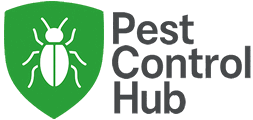


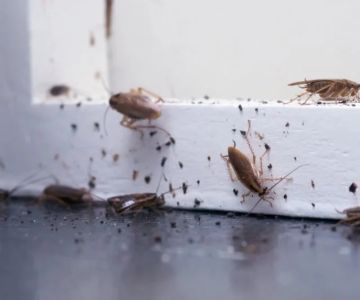

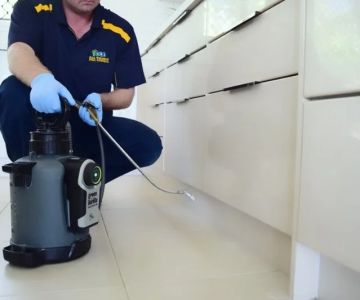
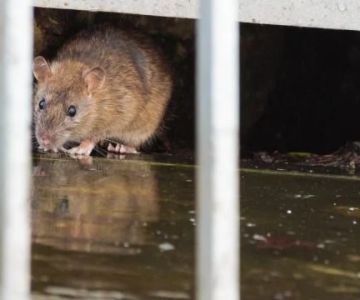
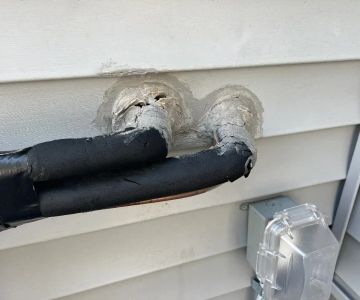
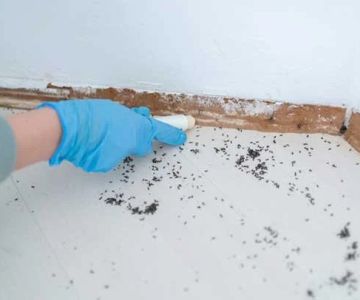
 Wildlife Resolutions4.0 (443 reviews)
Wildlife Resolutions4.0 (443 reviews) Pest Marshals of Toledo5.0 (2 reviews)
Pest Marshals of Toledo5.0 (2 reviews) LS Rodent Proofing & Pest Control Service5.0 (4 reviews)
LS Rodent Proofing & Pest Control Service5.0 (4 reviews) Best Termite & Pest Control4.0 (16 reviews)
Best Termite & Pest Control4.0 (16 reviews)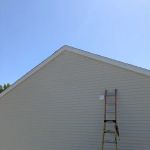 Varment Guard Wildlife Services5.0 (28 reviews)
Varment Guard Wildlife Services5.0 (28 reviews)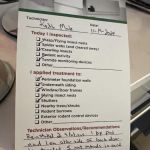 Pestban Inc4.0 (394 reviews)
Pestban Inc4.0 (394 reviews) How to Use Monitors to Detect Pest Entry: A Comprehensive Guide
How to Use Monitors to Detect Pest Entry: A Comprehensive Guide How to Predict Which Pests Will Invade Next – Smart Pest Forecasting for the U.S.
How to Predict Which Pests Will Invade Next – Smart Pest Forecasting for the U.S. How to Conduct a Pest Risk Assessment at Home – Expert Guide
How to Conduct a Pest Risk Assessment at Home – Expert Guide How to Block Pest Entry Around Deck Joists: Effective Solutions
How to Block Pest Entry Around Deck Joists: Effective Solutions How to Safely Use Fumigation Methods: A Comprehensive Guide for Homeowners
How to Safely Use Fumigation Methods: A Comprehensive Guide for Homeowners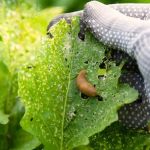 Why Pests Are More Active After Rain: Understanding the Link Between Weather and Pest Behavior
Why Pests Are More Active After Rain: Understanding the Link Between Weather and Pest Behavior